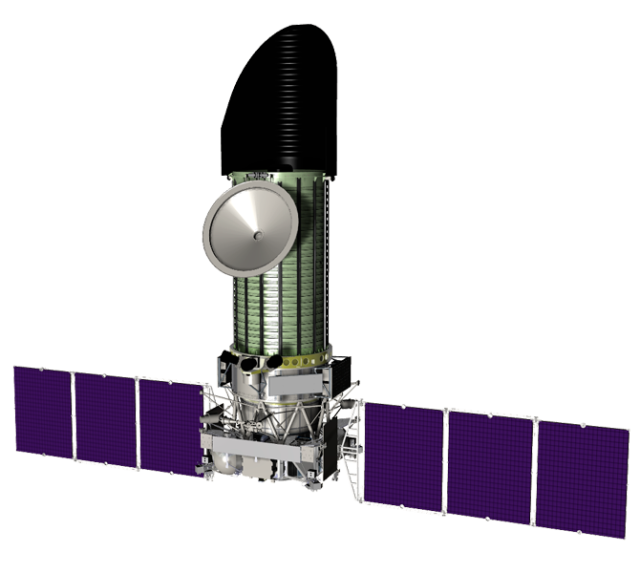Roscosmos and the Japan Aerospace Exploration Agency have signed an agreement to supply the UVSPEX ultraviolet spectrograph for the future Russian telescope, which will search for biomarkers in the atmospheres of already known exoplanets. This was announced by Mikhail Sachkov, Deputy Director of the Institute of Astronomy of the Russian Academy of Sciences, RIA Novosti.
Spektr-UV was conceived in the early 90s of the last century, but due to lack of funding, the launch date, originally planned for 1997, was repeatedly postponed — now it is scheduled for October 2025. The observatory should become the third in a series of Russian space telescopes "Spectrum "-earlier the radio telescope" Spectrum-R", which has already completed its work, and the X-ray observatory" Spectrum-RG", which is currently functioning, went into orbit.
The "Spectrum-UV" will explore a variety of objects in the Universe: stars, nebulae, protoplanetary disks, active galaxies, intergalactic gas and quasars. The telescope will also look for hidden baryonic matter and study the composition of the atmospheres of the planets of the Solar system and already known exoplanets.
On September 4, 2021, Roscosmos and the Japan Aerospace Exploration Agency signed an agreement for the supply of the UVSPEX ultraviolet spectrograph for the telescope, which is part of the field camera, which will be created by Rikke University in Tokyo. This is not the only contribution of other countries to the project — Spain will supply a block of field cameras for the telescope.
In a conversation with N+1, the scientific director of the Spektr-UV project, Boris Shustov, noted that the spectrograph will be used for spectroscopic studies of the atmospheres of exoplanets in order to search for biomarkers in them that can indicate the potential habitability of the planet. In particular, observations will be carried out at wavelengths corresponding to the lines of neutral oxygen, single-ionized carbon and Lyman-alpha. At the same time, the observations themselves will be carried out during the passage of the planet through the disk of the star, during which the light of the star passes through the atmosphere of the exoplanet.
We told in detail about the scientific program of the observatory in the article " When will the Russian Hubble take off?" .
Alexander Voityuk

